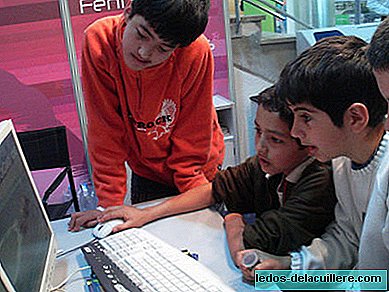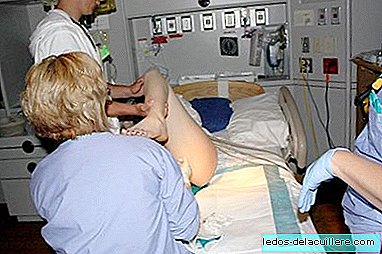
"The sooner the better". This has been a maxim in many decisions about when to offer a child an experience. But like all cutting-edge highs, it wobbles when applied without reflection.
Information technology in children's age must be interpreted as a cultural fact, not as an educational need. Computers are part of our world and of our society, so it is natural for children to grow up among themselves, recognize them and be part of their immediate surroundings.
Another thing is to propose that they be introduced fully into the classroom for 2 to 5 years. In these ages, children are modulating their symbolic thinking and need close, everyday and understandable objects to facilitate their task of structuring their environment. When they use a toy car, they quickly understand that the wheels have to turn quickly for the car to run and that if an axle is locked with a thread, they must release it so that they can continue rolling.
Computer science is much harder to conceive. When they press a button, they generate an activity in an image located on a screen. Their actions generate reactions of sounds and images (the two senses that transmit more information from the environment) with a variety and intensity that attract them with great force. The problem is that all these experiences are difficult to transfer to reality.
Following the example of the car. When the child experiments with understandable toys, he prepares the evolution towards more complex ideas. When you are explained in the basic physical school, you can more easily understand the concept of frictional force and its involvement in the movement.
With computers, the information that comes to the child does not prepare him for functional life. These reflections are generic, since if we talk about inappropriate content, the chances of harming the child in full development will be much greater. On the other hand, the toy and educational companies, increasingly design more content adapted for children in which they can experiment with different roles (being a veterinarian, doctor, athlete) that stimulate their imagination.
In conclusion, I think you have to be cautious with computer science. Do not artificially isolate children from an everyday element, but also do not use the computer as a substitute for the natural experience with objects. It is a fact that our children will dominate the computer science much better than us, but we must not accelerate this process by forcing it.












